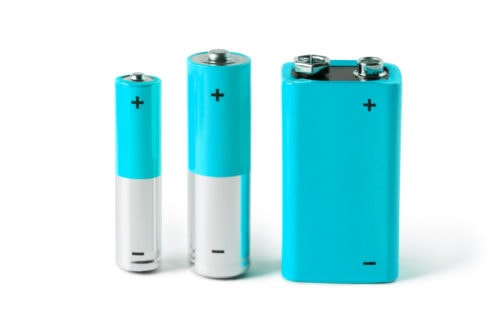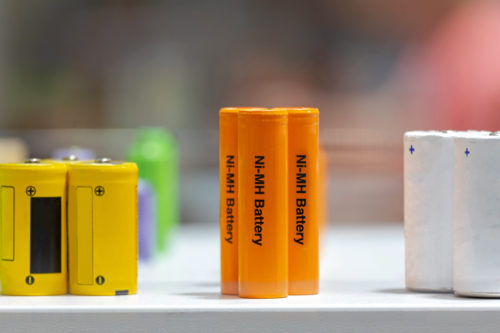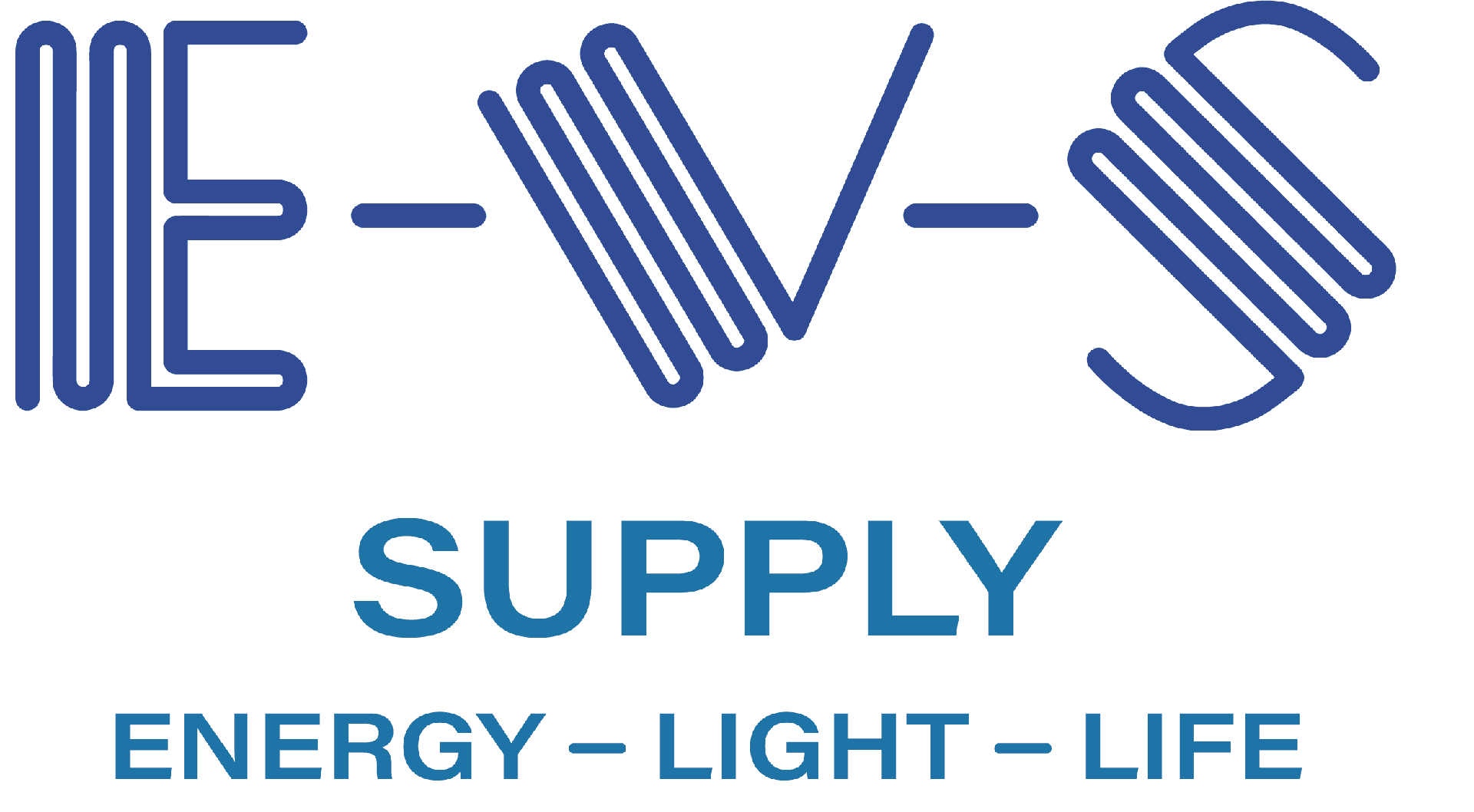NiCad vs NiMH Batteries
Leave a CommentBoth NiCad and NiMH batteries are popular rechargeable battery options, but they feature certain differences that you should know when deciding which to use. The key differences between these batteries involve memory effect, capacity, and eco-friendliness, which could influence your decision. The following details the specific features of each type of battery and how they differ from one another.
NiCad Batteries

Benefits of NiCad Batteries
NiCad batteries offer several advantages that make them suitable for many applications. These batteries are:
- Inexpensive
- Quick to charge
- Easy to store and ship
- Capable of handling a high number of chargers
- Functional in low temperatures
These batteries are capable of withstanding high-rate discharge applications and are often used in medical equipment, electric razors, toys, two-way radios, emergency lighting, power tools, and a variety of commercial and industrial products.
While these batteries offer plenty of benefits, they also come with certain disadvantages. NiCad batteries aren’t as powerful as NiMH and other rechargeable batteries. They also have a tendency to self-discharge when stored. In addition, they contain certain toxic chemicals that make them less eco-friendly compared to other rechargeable batteries. However, many applications rely on them because of their convenience, affordability, amp-load capabilities, and ability to withstand extreme temperatures.
NiMH Batteries

Benefits of NiMH Batteries
NiMH batteries come with several advantages, including:
- A higher capacity compared to NiCad and other rechargeable batteries
- Resistance to over-charging and over-discharging
- Lightweight construction
- Environmentally friendly
These benefits make NiMH batteries popular for many applications — specifically for consumer products. NiMH batteries are frequently used in medical instruments, cell phones, automotive batteries, digital cameras and camcorders, pagers, and electric toothbrushes.
Like NiCad batteries, NiMH batteries come with some drawbacks. They’re more expensive than NiCad and other rechargeable batteries, and they have a tendency to cut power suddenly as opposed to gradually. Like NiCad batteries, they are prone to rapid self-discharge when stored, and some are compatible only with the manufacturer’s charger. Despite these disadvantages, their increased capacity, light weight, and environmentally friendly design make these batteries among the most popular.
Reliable Rechargeable NiCad and NiMH Batteries from EVS Supply
Keeping the differences between NiCD and NiMH batteries in mind, you can make the right choice for your application. Both batteries offer numerous advantages that other rechargeable and non-rechargeable batteries don’t offer. EVS Supply carries a wide selection of both rechargeable and non-rechargeable batteries, including high-quality NiCad and NiMH batteries. Some of the leading brands we sell include FDK, Panasonic, PowerEx, SAFT, Vinnic, and Varta.
For more information about our selection of batteries, including custom batteries that meet unique application requirements, contact us today to learn more and request a quote for any of our products.
